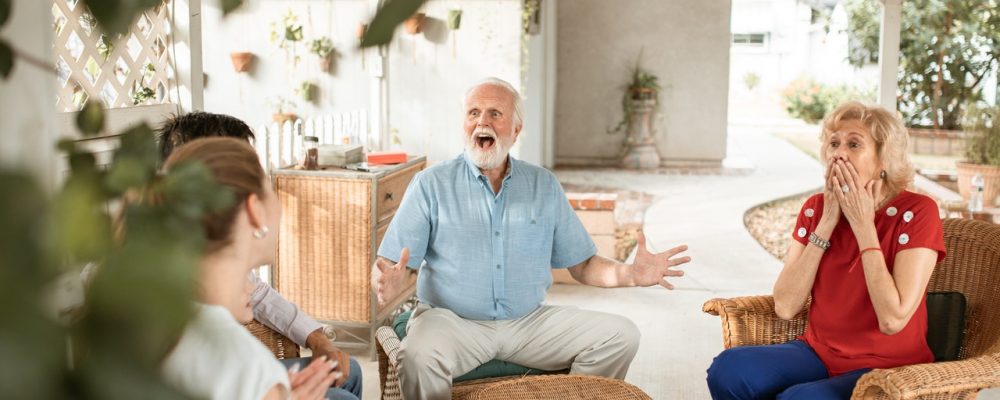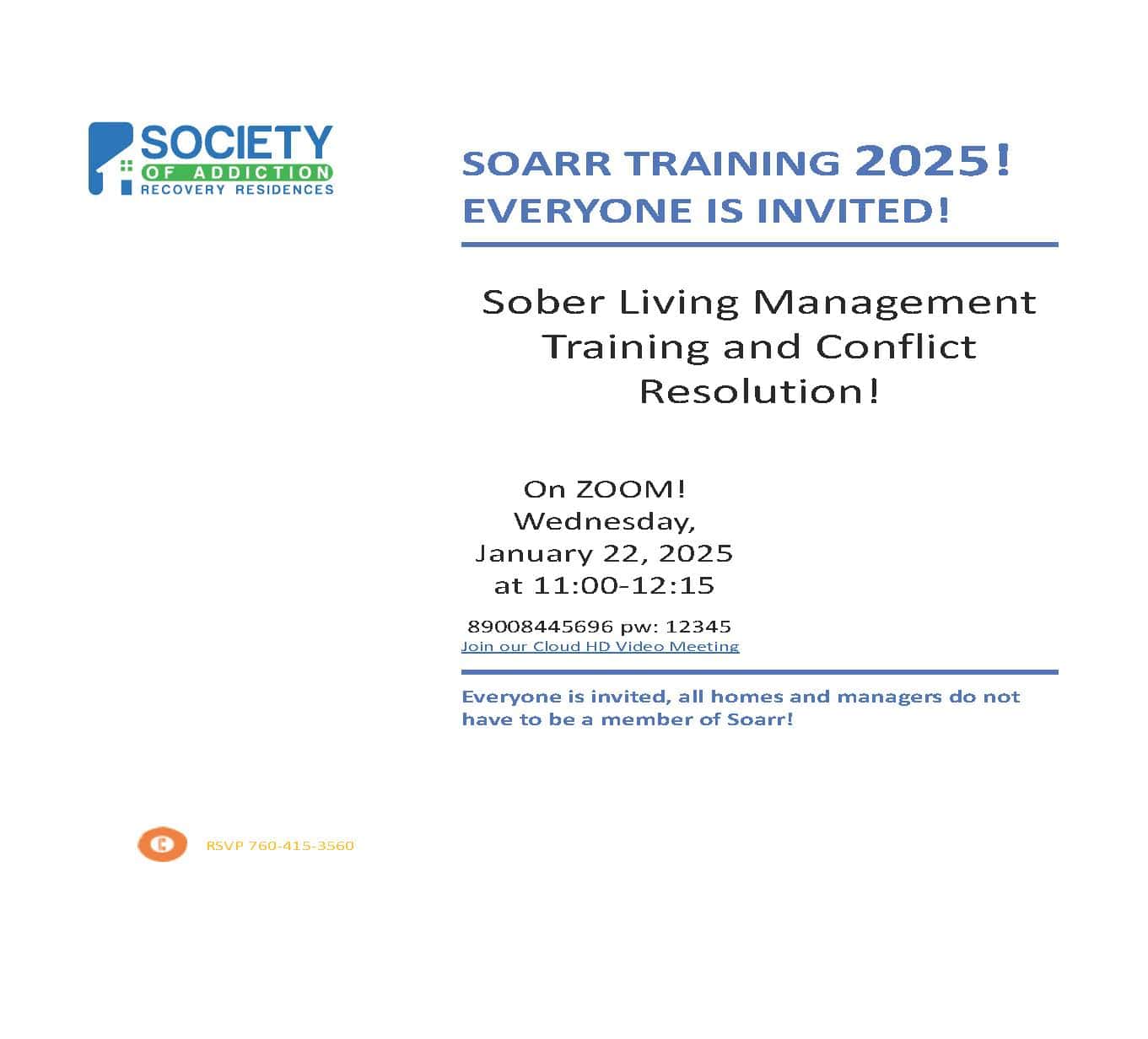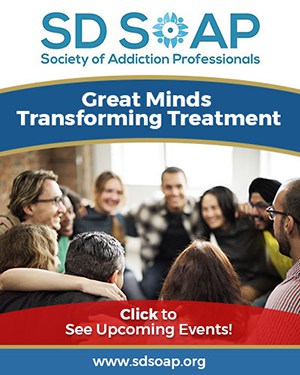Everyone in recovery has to learn to cope with parts of their life and lifestyle that they may have never spoken about before. A history of trauma is common among people in recovery. However, many people who have grown up in dysfunctional families also cope with the trauma of prior generations. Your mother and father, grandparents, and other family members all may have the trauma of their own. This intergenerational trauma may have passed down thoughts, feelings, beliefs, and fears to you, as well.
Intergenerational Trauma: Your Family’s Trauma
Intergenerational trauma is passed down to others from generation to generation. For example, immigrants who have survived wars and displacement, Holocaust survivors, and people who grow up in violent neighborhoods often have trauma that affects the rest of their families.
For example, a parent who lost a brother or sister to gun violence may be overprotective of their child. In addition, refugees often have PTSD and other health problems from war-torn countries, and instead of getting help may just pass their fears and anxieties on to their children. As a result, they may stay stuck in particular behaviors that are destructive, isolating, or even abusive.
Sometimes, family members may use drugs or alcohol to cope with their trauma. Children whose parents abuse drugs and alcohol are likelier to grow up abusing substances, too.
Breaking The Cycle, Getting Free
You cannot help what has happened to yourself or your family in the past, but you can get therapy and learn to live a healthy life despite it. You can also learn to forgive yourself and your poor coping skills and behaviors. You did the best you could until it was time to get help!
Your parent’s behavior and trauma may have left their mark on you. If they abused you due to their trauma and the fact that it was done to them, no one would require forgiveness. Understanding that they couldn’t be a good parent may be the best you can do.
Accepting the trauma in your life and learning to cope with its aftereffects can be a great source of strength and growth in recovery. But it is all one day at a time and one minute at a time as you learn to take care of yourself and nurture your own healing.
Intergenerational trauma can be complex, more than just peeling back the layers of an onion. But understanding it and how it can affect people in significant ways will help you learn to grow in your own life. In addition, a therapist can help you work through past trauma in safe, supportive ways. This can help you establish new behaviors and change your perspective, when appropriate.
About SOARR
The Society of Addiction Recovery Residences is an alliance of sober homes and addiction professionals. Together, these homes help people stay sober, creating safe spaces and helping set the standards for recovery housing.
To learn more about our organization or find a sober house, call us at 619-828-2001.





